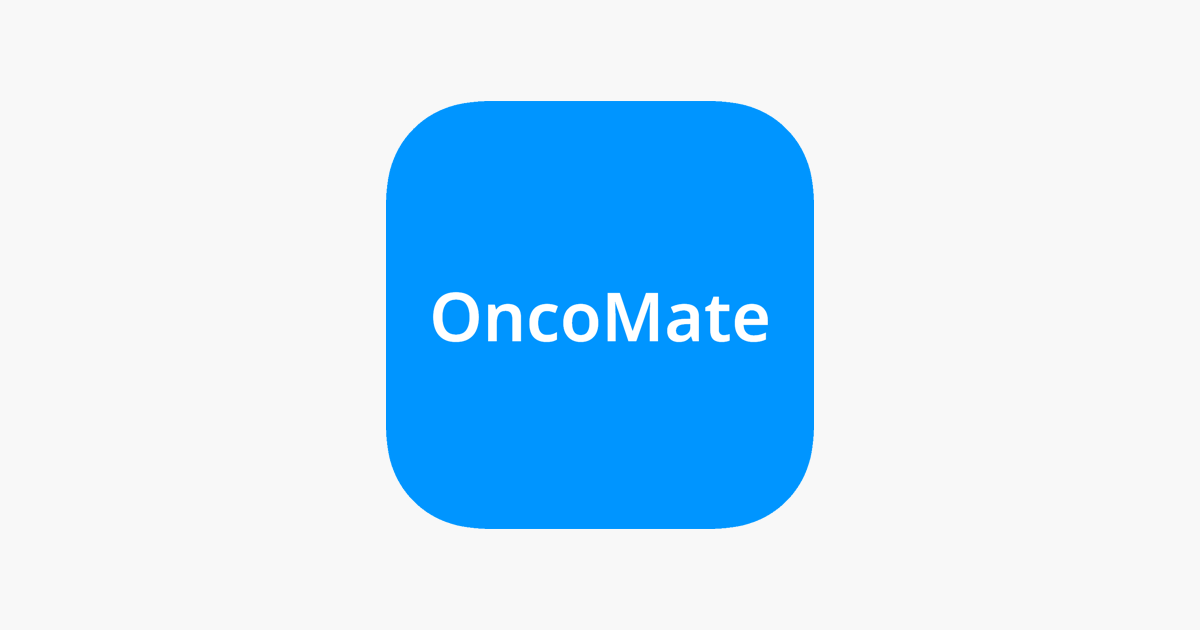Oncomate is an App designed for daily use that provides cancer patients on Pfizer therapies with content on lifestyle tips, acts as a platform to record ‘feelings’ and generate reports that a patient can share with their health care provider, in addition to serving as a medication pill reminder thereby improving the overall quality of care.
Cancer is an increasing health burden in sub-Saharan Africa with high prostate, breast and cervix cancer rates.
An estimated 752,000 new cancer cases (4 per cent of the global total) and 506,000 cancer deaths occurred in sub-Saharan Africa in 2018 and the number is predicted to more than double in 20 years. In Kenya, cancer is the third leading cause of death after infectious and cardiovascular diseases. From 2012 to 2018, the annual incidence of cancer increased from 37,000 to 47,887 new cases. During the same period, annual cancer mortality rose nearly 16 per cent, from 28,500 to 32,987 cancer-related deaths.
Long waiting times and distance between patients’ homes and healthcare facilities are part of the challenges faced by patients living with cancer and an ethnographic study conducted by the University of KwaZulu-Natal confirmed that the distance from the hospital, or travel burden, negatively impacted those affected by cancer. In Kenya, nearly 23 per cent of patients do not seek healthcare due to several barriers, including high costs, the need to travel long distances and lack of healthcare literacy.
This can be addressed through the adoption of digital health. Telemedicine, the deployment of ICT to deliver healthcare digitally, can be adopted to limit physical human interaction.
During the Covid-19 pandemic, patients appreciated the virtual medical experience without having to leave home.
We are delighted to support this cause with the launch of a new App for information sharing in oncology treatment. The Oncomate app provides cancer patients on Pfizer therapies with content on lifestyle tips, acts as a platform to record ‘feelings’ and generates reports that a patient can share with their health care provider, in addition to serving as a medication pill reminder thereby improving the overall quality of care.
Digital health solutions may answer some challenges that public hospitals face, such as a lack of qualified health care professionals for additional human resources, and equipment failures. However, there are barriers to implementing this in sub-Saharan Africa, including urban-rural and gender divides in connectivity, access to mobile devices, low digital literacy, high cost of internet access, and limited access to electricity.



